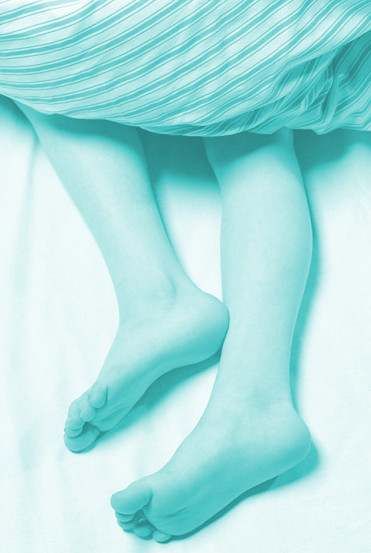Poor sleep cycle outlined
 Research has identified a cycle in which children who sleep badly are more likely to act out, and acting out means they are more likely to sleep badly.
Research has identified a cycle in which children who sleep badly are more likely to act out, and acting out means they are more likely to sleep badly.
In the first known study of its kind, researchers examined the bi-directional relationship between sleep problems and behavioural difficulties in pre-schoolers about to start school.
Researchers examined close to 5,000 Australian children from the Longitudinal Study of Australian Children. Study participants were followed up five times from ages 4-5 and 12-13 years. At each of the five time points, data on child sleep and behaviour was collected.
Sleep difficulties were defined using parent-reported child sleep problem severity and specific difficulties on four or more nights of the week (difficulty getting off to sleep at night, not happy sleeping alone, waking during the night, restless sleep).
Senior author Dr Jon Quach said results found sleep problems and externalising difficulties, defined as conduct and hyperactivity, were related to each other over time.
“Worse outcomes in one led to problems in the other, and vice versa,” he said.
The strongest relationship between these two outcomes was found in the preschool to school transition period.
Conversely, sleep problems were associated with poorer outcomes in internalising problems, but not vice versa.
“Interventions addressing sleep problems could lead to improvements in internalising and externalising difficulties of children. Other interventions targeted at addressing externalised difficulties could also lead to improvements to sleep,” Dr Quach said
Future studies should demonstrate whether interventions addressing sleep problems could lead to improvements in both internalising and externalising difficulties. Understanding this relationship will inform the focus and timing of interventions.








 Print
Print